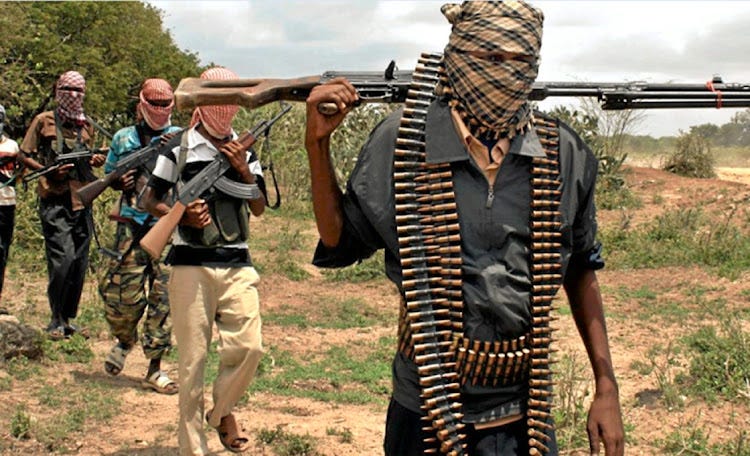U.S. Gives Mozambique $22M More to Fight Militants
Some religious and civil society groups have called for negotiations with the militants.
MAPUTO, Mozambique— The United States is providing an additional $22 million in aid to help Mozambique battle an escalating Islamic extremist insurgency in the northern Cabo Delgado province, a U.S. diplomat has announced, writes Charles Mangwiro.
The new funding from the U.S. Bureau of Conflict and Stabilization Operations will support stabilization and peacebuilding programs in the conflict-hit region, said Assistant Secretary Anne Witkowsky at the end of a five-day visit.
It brings the total U.S. assistance for Mozambique to $122 million as the government struggles to regain control of areas seized by the rebels, who have held town centers and launched brazen raids in recent weeks despite joint military efforts with Rwandan troops and a Southern African regional force.
"Security in the north is critical, but it is important to see progress and fostering meaningful political and economic opportunities for conflict-affected communities, especially young people," Witkowsky said.
The new aid will fund training of local officials to deliver services, promote social cohesion through community groups, sports and arts, and increase education and jobs for youth susceptible to joining the extremists, she said.
The insurgency in the Muslim-majority province has killed more than 5,000 people and displaced over 1 million since 2017, stalling multi-billion-dollar gas projects by companies like TotalEnergies and ExxonMobil.
As the violence intensified in recent months, forcing missionaries, priests and religious sisters to flee some towns, President Filipe Nyusi urged all Mozambicans to unite against the extremist threat.
"Terrorism is the only thing that the whole world comes together to combat," Nyusi said.
"If the world comes together, the region joins to combat the terror, the continent comes together to combat the terror, how is it that the country itself that experiences the problem of terrorism is not united?"
Some religious and civil society groups have called for negotiations with the militants.
The scholar Rev. Marcos Macamo said while talks could help achieve peace, questions remain about finding legitimate representatives from the shadowy insurgents to engage.



